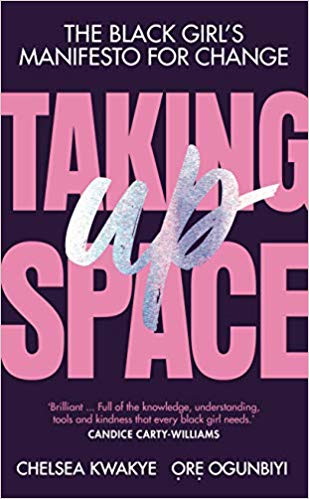What do you think?
Rate this book


256 pages, Hardcover
First published May 16, 2019
To what extent are black students not privileged with mediocrity? Why must we feel the need, why are we obligated to make a difference? Why are we obligated to make an impact? - Renée
It's not merely an obligation that we feel within, it is an obligation that is placed on us. We're assumed to be the founts of all knowledge on everything concerning blackness, and to have an opinion on everything that affects black people everywhere. But what if you don't? What if you just want to focus on your degree, and graduate? What if you just want to pursue other interests?